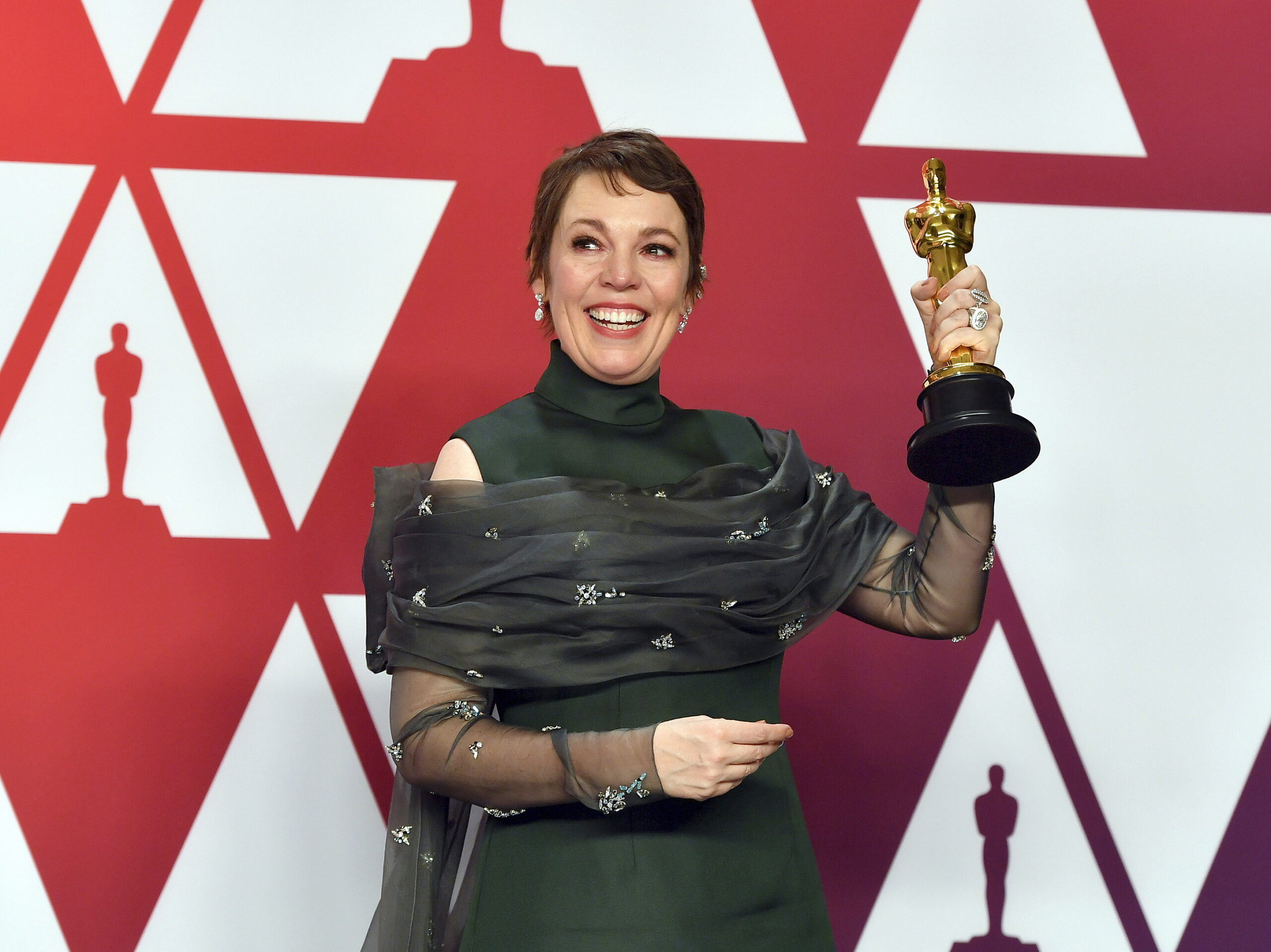At first glance, you might be tempted to say that this year’s Oscars were quite queer. Three actors took home prizes for playing characters that fall somewhere on the LGBTQ2 spectrum, while two of the night’s big winners — Bohemian Rhapsody and Best Picture winner Green Book — feature queer protagonists. Throw in a Lady Gaga performance and win, and that’s a solidly queer night, right?
Well, not quite. Green Book and Bohemian Rhapsody, while both ostensibly about queer characters, drastically misunderstand the protagonist’s sexuality, or worse, downplay it. Two of the winning performances, Mahershala Ali’s in Best Supporting Actor and Rami Malek’s in Best Actor, were played by actors who are straight. This puts a damper on the Pride parade, to say the least.
Who else won for playing a queer character?
Next to Ali as Dr Don Shirley in Green Book and Malek as Freddie Mercury in Bohemian Rhapsody was Olivia Colman, a surprise winner in Best Actress. She won for The Favourite, Yorgos Lanthimos’s wildly and purposefully skewed telling of the battle between two of Queen Anne’s consorts for her favour. Colman played Queen Anne, and the film leaned heavily into the sexual subtext implied by history between the three women. The fight was not just for better positioning at court, but for Anne’s love.
While no one could mistake The Favourite as historically accurate, it does capture the spirit of the characters’ queerness far better than either Green Book or Bohemian Rhapsody, and much of that is due to Colman’s performance. So it’s much easier to be excited about her win.
Is it a problem that three straight people won for playing queer characters?
I mean, yes, in that we ideally would love more queer actors playing queer roles, especially in the kinds of movies that win Oscars. No openly gay actor has ever won an acting Oscar. Ever. And that makes “three straight actors won for playing queer!” feel all the more suspicious.
What about the musical performances?

While Bette Midler is a gay icon for all the right reasons, Mary Poppins Returns’ “The Place Where Lost Things Go” is not exactly made for a dramatic performance. Gaga had to carry most of the queer audience’s hopes on her backs, and made good with a stunning performance of “Shallow” alongside Bradley Cooper. Her bizarre Grammys performance of the song feels like a distant memory now.
There was Queen opening the show with openly queer Adam Lambert as their frontman, and that’s at least kind of gay-ish? But of course, they had to perform two of Queen’s absolute straightest songs, “We Will Rock You” and “We Are the Champions.” Truly, nothing about Bohemian Rhapsody could just be queer.
How do we feel about Lady Gaga winning for Best Original Song, but not Best Actress?
Though I actually predicted the exact opposite once upon a time, I think this ultimately feels correct. Gaga is a musician first and foremost, and a songwriting win for a musical film is an appropriate first dance with Oscar. Best Actress arguably could have been a case of too much, too soon, particularly in a category stacked with talent. I think Gaga could find her way back to the Oscars again, much as Cher won on her second acting nomination before her. The win would feel even more deserved next time.
What was the queerest red carpet moment?

That, undoubtedly, goes to Pose’s Billy Porter, who showed up and truly showed out in a custom Christian Siriano tuxedo gown. There’s been a lot of talk about men pushing the boundaries of what’s typical on the red carpet this awards season (remember Timotheé Chalamet in a harness/bib?), but Porter has been the one truly doing the work. He showed up early, and won best dressed instantly.
What could have made the Oscars queerer?
Well, some wins for actual queer actors would’ve been great. And more elevation of stories like The Favourite — which is queer not just in character or subject matter, but in filmmaking style and affect — over movies like Bohemian Rhapsody and Green Book that barely acknowledge their characters’ queerness would.
The same goes for Can You Ever Forgive Me, a movie that perfectly captures the icy love of being gay in New York, featuring Melissa McCarthy as lesbian writer and forger Lee Israel, and Richard E. Grant as her gay partner-in-crime Jack Hock. The film walked away with zero Oscars off three nominations — and even that nomination count was far too low.
Will gay icon Glenn Close ever win an Oscar?

For as big a story as Colman’s win is, Close’s loss in the same category is arguably even bigger. If they didn’t give the Oscar to Close this time — for as much of a home-run, victory-lap awards season as she has had — it’s hard to believe they ever will.
But hey, Christopher Plummer won his Oscar at age 82. As long as Close keeps working in the kinds of movies people win awards for, it’s not hard to imagine she’ll come back. That said, some are arguing that those roles aren’t coming, largely because those roles automatically go to Meryl Streep. That’s a bit simple, but there’s certainly a ring of truth there.
The thing is, even if an icon (for gays and beyond!) like Close doesn’t win an Oscar, it doesn’t take anything away from her. A seven-time Oscar nominee who has also found great success on stage (Sunset Boulevard) and TV (Damages) makes her one of our great treasures. Nothing will take that away. In some ways, I hope her loss is a reminder to all of us queers who invest a ton in the Oscars that she — nor anyone! — doesn’t need this particular trophy to be a legend.
So: how queer were the 91st Academy Awards?
The Oscars have a long way to go. It’s always nice to see publicly queer figures, like Sarah Paulson, Amandla Stenberg and Tessa Thompson, presenting. And yeah, there was that Gaga performance. So, y’know, the Oscars weren’t straight. But they were, at max, a two on the Kinsey scale.


 Why you can trust Xtra
Why you can trust Xtra


